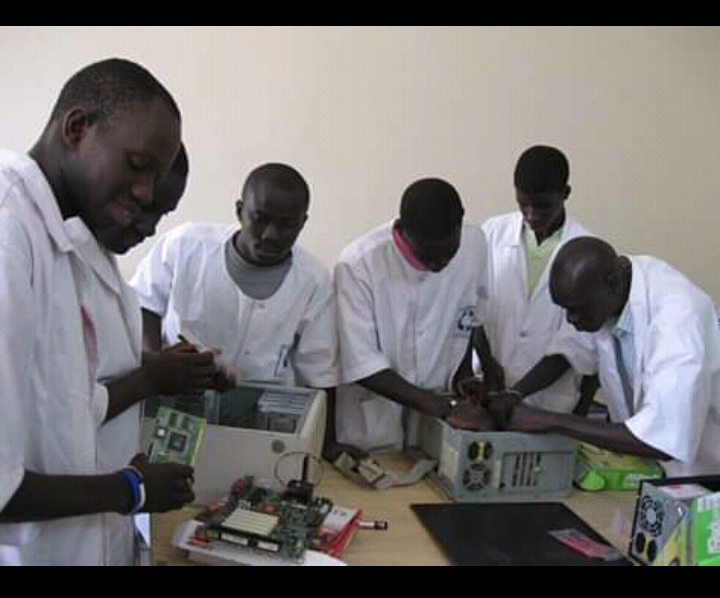HARDWARE ENGINEERING
Hardware engineering is a file of study and practice that focuses on design, development and implementation of computer hardware component and system. A hardware engineering course tropically covers a range of topic related to computer hardware,electronices and engineering principles. Here is an over view of what u might expect to learn in a hardware engeering course:
WHAT IS HARDWARE
Overall, a hardware engineer course provides students with the knowledge and skills needed to design, analyze, an implement computer hardware system and component for a variety of applications including computers, mobile devices, embedded systems, and more.


